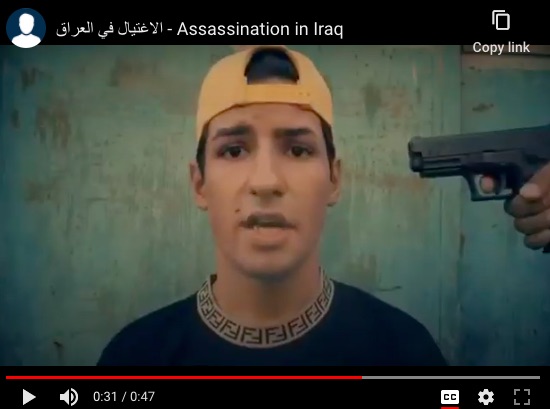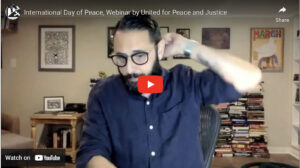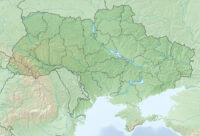The Iraqi protest movement known as the October Revolution is back on the streets in full force in Basra in the south of the country. The government’s inability to deliver electricity and water to residents led to outrage, as temperatures repeatedly climbed above 115°F and water and air pollution grew dangerous. Protesters’ rage was compounded by a series of brutal assassinations of some of the city’s leading activists, which tragically underscored the failure of the Iraqi government to control the lawless militias with their powerful ties to parliament that have proliferated since the U.S. invasion in 2003. Iraqi activists have pleaded for international attention to their plight. This was the backdrop to Iraq’s New Prime Minister’s first visit to the White House.
Iraqi Prime Minister Mustafa Al-Kadhimi made it clear to President Trump that the U.S. military mission in Iraq must be redefined. The prime minister stressed he thought U.S. forces should exit Iraq, although he held out some need for U.S. support to fully defeat ISIS. Trump reiterated promises he has been making since May to withdraw U.S. troops, but the two leaders made no significant progress on agreeing upon a plan or a timetable, so for the foreseeable future about 5,200 U.S. troops will remain on Iraqi soil.
At the same time, U.S. energy companies announced expanding their activities in the oil-rich nation and signed new agreements estimated to be worth $8 billion. Led by the Chevron Corp and GE, the U.S. firms were portrayed by the Trump administration as working to secure Iraq’s “energy independence” from Iran.
As these deals were announced, conflict in Basra intensified. The killing of local activist, Tahseen Oussama, provoked three days of street demonstrations during which protesters bombarded the governor’s house with rocks and petrol bombs and blocked major city streets. Police responded by firing live bullets into the crowds. Then Reham Yacoub, known for leading women’s marches in the city was gunned down in her car by unidentified gunmen firing assault rifles from the back of a motorcycle; three of her associates in the car were wounded at the same time.
The assassinations of Oussama and Yacoub came only two weeks after a national umbrella group of activists, of which they were both members, announced it was organizing to challenge to power of the militias over members of parliament and would form a new political party to stand in the next elections.



